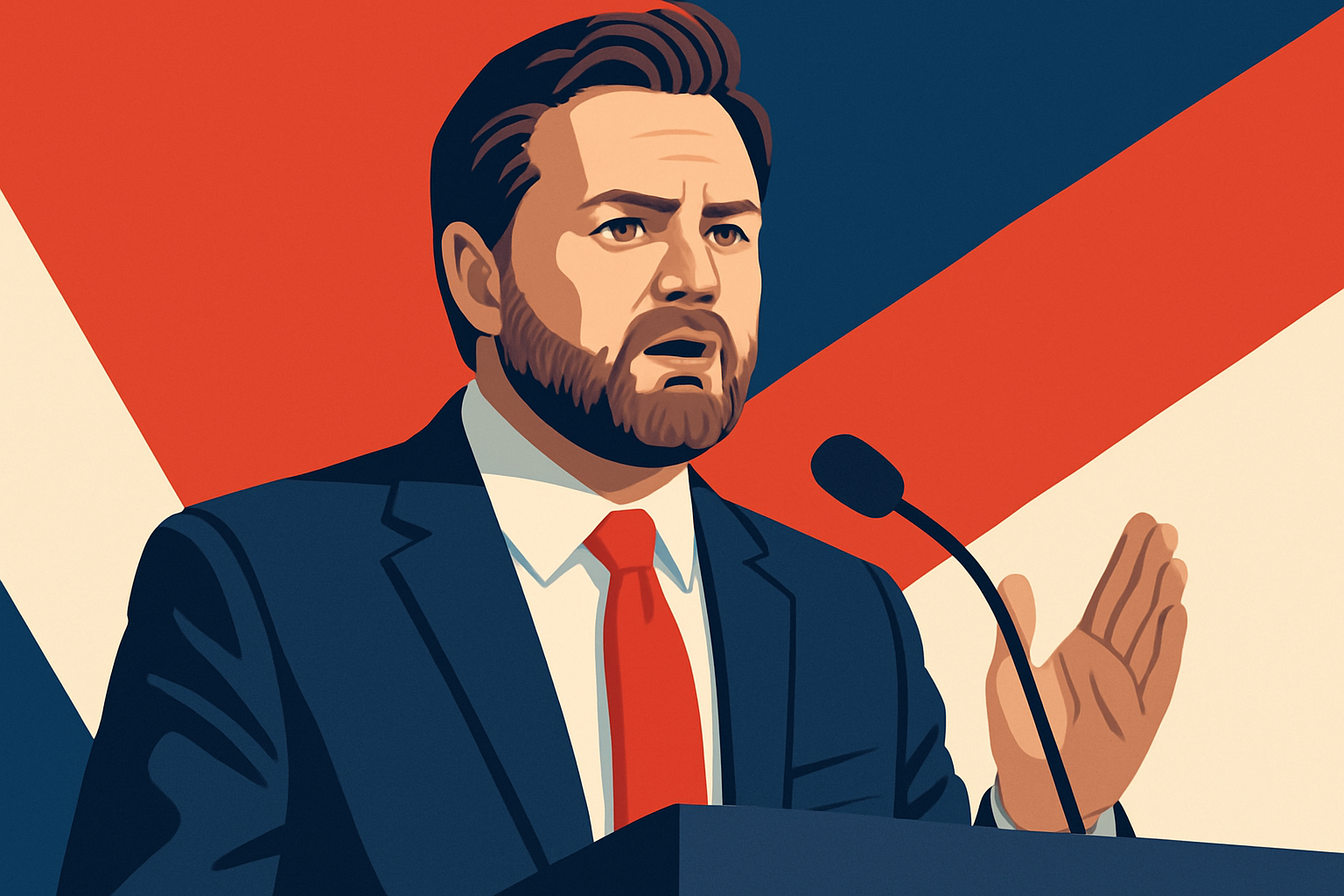In an exclusive interview with USA TODAY, Vice President JD Vance defended the Trump administration’s use of federal power, weighed in on controversial policy decisions, and addressed growing speculation about his own political future. The conversation covered topics ranging from the deployment of the National Guard to the handling of Jeffrey Epstein’s case files, tensions with Ukraine, and even comments on pop culture.
Trump’s Use of the National Guard
Vance strongly defended President Trump’s authority to deploy the National Guard in cities facing unrest, a policy critics have labeled authoritarian. He said Trump “has the legal authority” to use the Guard even without a formal request from governors or mayors, though he emphasized the administration’s preference for cooperation with local officials.
“We don’t want indefinitely to put national guardsmen on the streets of our cities,” Vance said. “We just want to make those streets more safe.”
While mayors such as Washington, D.C.’s Muriel Bowser called recent deployments “unsettling and unprecedented,” Vance insisted that some local leaders privately welcomed federal intervention, despite publicly criticizing it.
Epstein Case Files and Transparency Debate
The vice president also addressed the administration’s handling of the Jeffrey Epstein case files, which has fueled public frustration and conspiracy theories. Vance denied that the National Guard deployments were meant to distract from the issue and argued the Trump administration has been “more open and transparent” than any before it.
Although the Department of Justice has resisted releasing certain documents, it is now providing materials under congressional subpoena. Vance acknowledged some criticism from Trump’s own supporters but maintained that a full review would show “the administration has been far more open and transparent about this issue.”
Clashes with the Federal Reserve
Another flashpoint has been Trump’s attempt to remove Federal Reserve Governor Lisa Cook, a move widely challenged by legal scholars. Vance rejected the criticism, arguing that elected leaders should have more influence over economic policy.
“Isn’t it a little preposterous to say that the president of the United States… doesn’t have the ability to make these determinations?” Vance said. He framed Trump’s actions as a challenge to entrenched bureaucratic power, not an abuse of authority.
Oval Office Blow-Up with Zelenskyy
Vance also reflected on his widely publicized confrontation with Ukrainian President Volodymyr Zelenskyy during a February Oval Office meeting. He admitted the heated exchange was “not necessarily” how he wanted the conversation to unfold, but argued it revealed “the real issues of disagreement” between the U.S. and Ukraine.
Despite the clash, Vance insisted the administration remains committed to protecting Ukraine’s territorial integrity, even as Trump has floated the idea of a “land swap” to end the war with Russia.
Political Future and Trump’s Endorsement
At 41, Vance is one of the youngest vice presidents in American history, fueling speculation about a 2028 presidential run. While Trump has called him the most likely heir to the MAGA movement, Vance downplayed the chatter.
“I’m focused on the job I have right now,” he said. “And if that door opens later on, we’ll figure it out then.”
From White House Décor to Taylor Swift
Vance also spoke candidly about his first impressions of the Oval Office, joking that the room felt “dark and gloomy” in winter until Trump redecorated it. “I like what the president has done to it,” he added.
On a lighter note, he extended warm wishes to Taylor Swift and Travis Kelce following their engagement. “I’m a romantic,” Vance said. “When I see two people who are in love getting married, I just wish them the best.”
Takeaway
Vance’s interview underscored his dual role: a loyal defender of Trump’s aggressive use of presidential power and a rising political figure carefully navigating speculation about his own future. His remarks reflected the administration’s determination to push the limits of executive authority while maintaining a narrative of legality and public safety.



